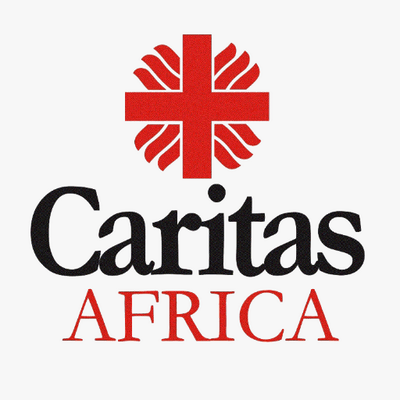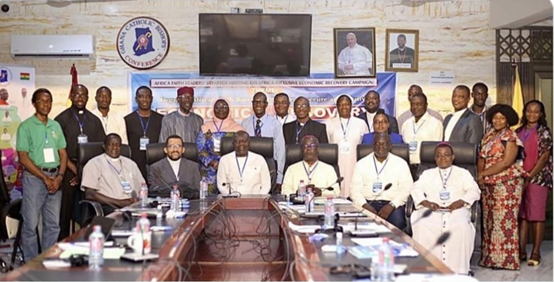CARITAS AFRICA: Enable Africa Resolve Current Debt Crises, Caritas Africa to World Economic Leaders

Sr. Jecinter Antoinette Okoth, FSSA
Prior to the upcoming 17th G20 Heads of State and Government Summit slated for the month of November in Bali, Indonesia, Faith leaders through Caritas Africa have appealed to World Economic leaders who will attend the summit to assist Africa in resolving the debt distress affecting the continent.
“We ask that the G7 (Group of seven) and African finance leaders work on and promote through their voice in the G20 and IMF (International Monetary Fund) Annual meetings, priority actions to enable Africa’s recovery with resilience and resumption of progress towards the Sustainable Development Goals and the Paris Agreement,” reads an excerpt of a statement by Caritas Africa.
Highlighting some of the steps to be taken towards the raised debt concern, Caritas Africa officials in their message signed on Wednesday, October 5, by their President Archbishop Gabriel Justice Yaw Anokye said that, “The first priority is to remove the crushing burdens of unpayable debts, a call that we find consistently in the voice of leaders of diverse religious traditions, certainly those of the Catholic Church.”
They added in reference to Saint Pope John Paul II two decades ago that “Debt relief is … urgent. It is, in many ways, a precondition for the poorest countries to make progress in their fight against poverty.”
The participants who attended the two-day meeting in Ghana’s capital Accra, from 3rd-5th October included Catholic bishops from Africa and other Faith leaders, and they extensively discussed about debt, aid and the accountability agenda for the region which “tries to cope with an unprecedented confluence of crises.”
In their collective Wednesday message, they shared their observation on how Covid-19 affected the continent saying that, “A fallout from the pandemic led to economic contraction of more than 3% and reversed years of development progress. After two decades of poverty reduction, more than 40 million Africans fell into extreme poverty since 2020.”
They emphasized Pope Francis’ message who said that “Relieving the burden of debt of so many countries and communities today, is a profoundly human gesture that can help people to develop, to have access to vaccines, health, education and jobs.”
According to Caritas Africa officials, “The G7 should spearhead the establishment of processes that bring together public and private creditors for timely, speedy and orderly debt crises resolution, and grant borrowers a stay on debt payments while they reach agreement with all creditor,”
Additionally, the statement signed by the Archbishop of Kumasi Archdiocese in Ghana reads further, as a way forward, “Debt relief assessments should be reformed to enshrine the principle that human development and climate investments come before debt payments,” and “G7 countries, as key debt governing jurisdictions, should pass domestic legislations that prevent private creditor litigation from undermining international debt relief efforts.”

As the concerned parties re-emphasize that the world is in urgent need of greater justice, both within national communities and at the international level, they suggest the need for developing strategies that ends debt crises.
“While bringing debts down is critical and urgent, policies need to lay out the foundations for a lasting exit from debt crises. Preventing future debt crises requires the adoption of responsible lending and borrowing rules and standards, including debt contract disclosure and authorization frameworks,” members of Caritas Africa underscored adding that, “Both creditor and borrower countries have a responsibility in supporting compliance with such standards through their own laws and policies.”
They emphasized further that, “Borrowers should not continue to shoulder alone the weight of external shocks, which are increasingly frequent and put their poorest at risk.” But “Debt contracts should include clauses that fairly allocate the risks of natural disasters and other shocks between creditors and debtors.”
In this case, world economic leaders have been called upon to look into “increasing concessional, long-term financing through a mix of capital increases and reforms to rules that govern capital use in development banks.”
These institutions, they said, “can most efficiently use capital and provide loans in times of crisis, but their resources are far from sufficient to meet 21st century challenges. At the same time, scaled up resourcing for these institutions should go hand in hand with strengthening policies and processes that counter corrupt practices and secure debt transparency and sustainability.”
In conclusion Caritas Africa also called for improved domestic governance and accountability and mobilization of special drawing rights stressing the need for “honest and committed dialogue to deliver this much needed justice for the common good.”


